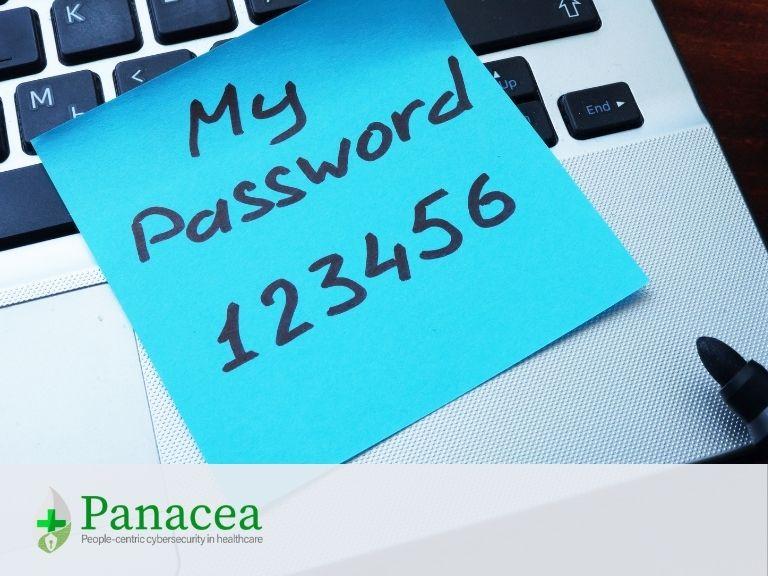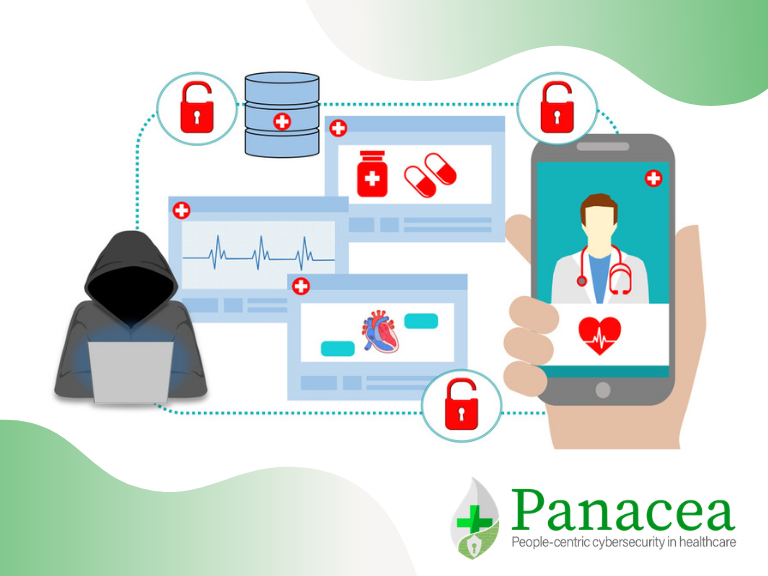The number of cyber-attacks around the world exploded in 2020: exploiting the Covid-19 pandemic as an opportunity for cybercriminals to take advantage of the shift in focus towards smart working and hospital staff transferred to the frontline.
Cyber-risk in healthcare: Exploring facilitators and barriers to secure behaviour

L. Coventry,D. Branley-Bell, E. Sillence, S. Magalini, P. Mari, A. Magkanaraki, K. Anastasopoulou
There are increasing concerns relating to cybersecurity of healthcare data and medical devices. Cybersecurity in this sector is particularly important given the criticality of healthcare systems, the impacts of a breach or cyberattack (including in the worst instance, potential physical harm to patients) and the value of healthcare data to criminals. Technology design is important for cybersecurity, but it is also necessary to understand the insecure behaviours prevalent within healthcare. It is vital to identify the drivers behind these behaviours, i.e., why staff may engage in insecure behaviour including their goals and motivations and/or perceived barriers preventing secure behaviour.
To achieve this, in-depth interviews with 50 staff were conducted at three healthcare sites, across three countries (Ireland, Italy and Greece). A range of seven insecure behaviours were reported: Poor computer and user account security; Unsafe e-mail use; Use of USBs and personal devices; Remote access and home working; Lack of encryption, backups and updates; Use of connected medical devices; and poor physical security. Thematic analysis revealed four key facilitators of insecure behaviour: Lack of awareness and experience, Shadow working processes, Behaviour prioritisation and Environmental appropriateness. The findings suggest three key barriers to security: i) Security perceived as a barrier to productivity and/or patient care; ii) Poor awareness of consequences of behaviour; and iii) a lack of policies and reinforcement of secure behaviour. Implications for future research are presented.

